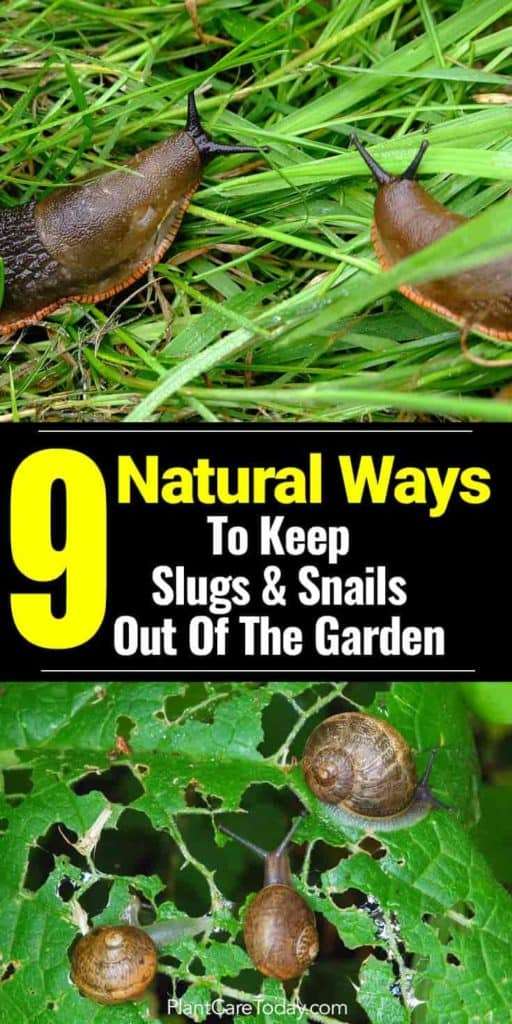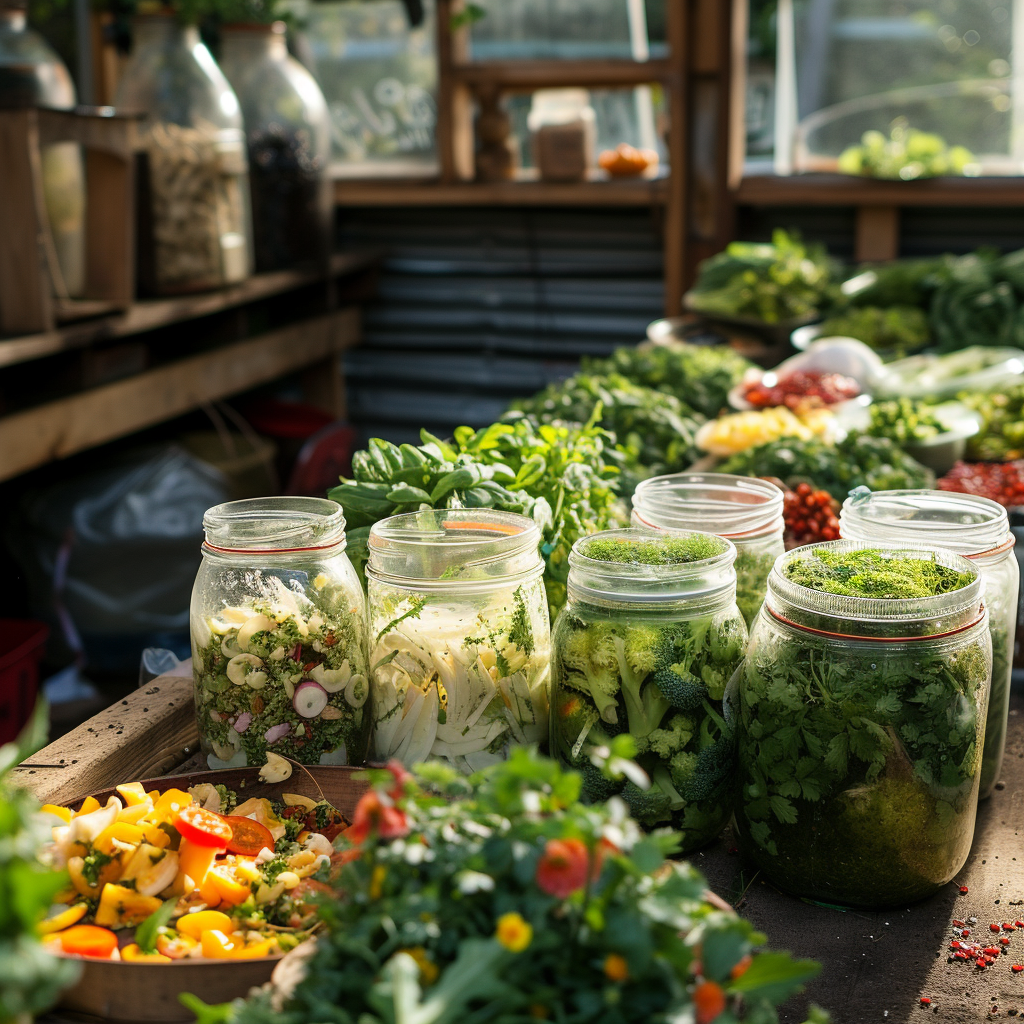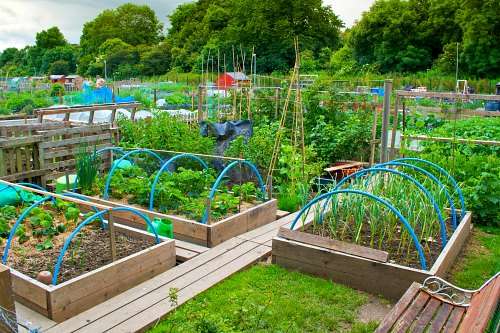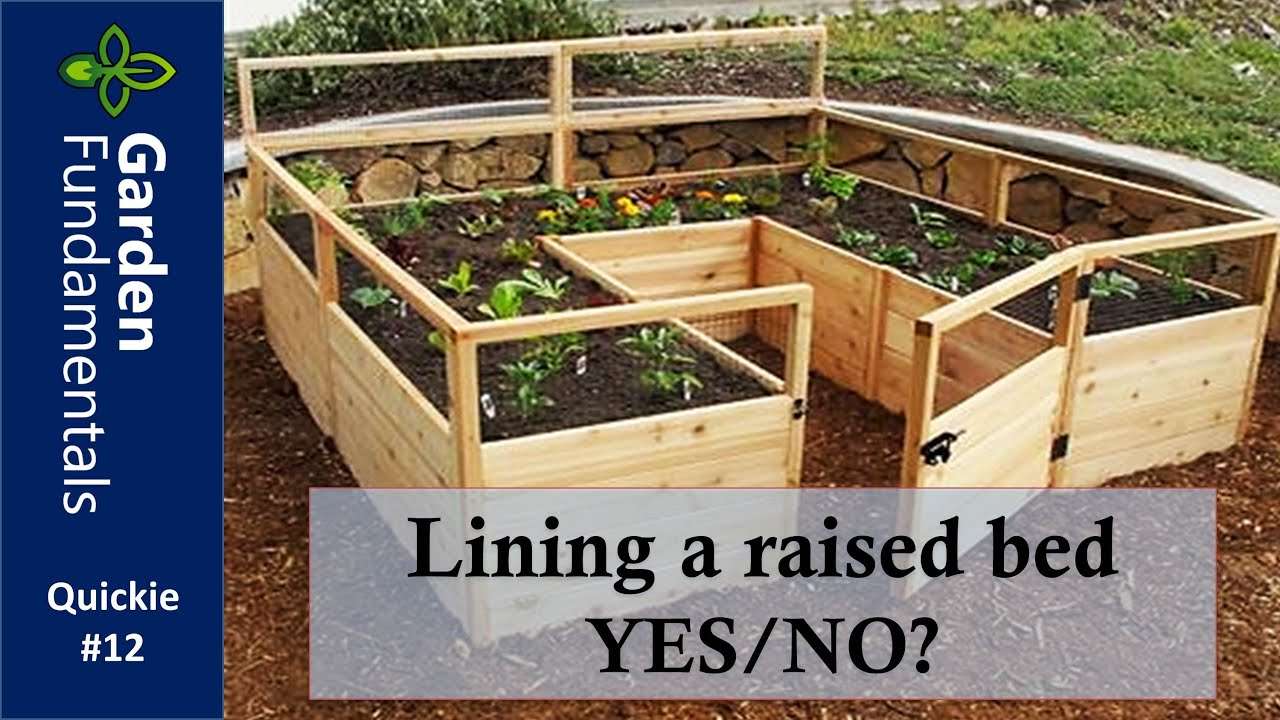If you’re an avid gardener, you know that dealing with pests can be a frustrating task. One such pest that can wreak havoc in your vegetable garden is the slimy slugs. These sneaky creatures are attracted to food and wetness, making your garden the perfect buffet for them. They’ll chomp on almost any plant they can find, especially your beloved vegetables and flowers. While pesticides may not be effective against them, there are other preventive measures you can take. For starters, drip-feed watering can reduce the amount of water in the soil, deterring slugs from the area. Additionally, removing potential hiding spots, such as objects in the garden, can keep them at bay. By taking steps to remove attractive factors like food, shelter, and water, you’ll be well on your way to preventing slug damage in your vegetable garden.
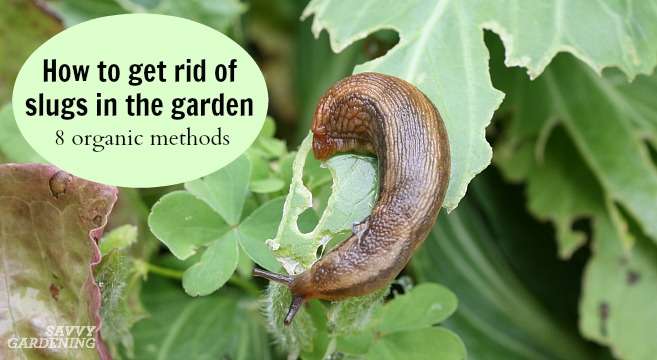
Choosing the Right Location for Your Vegetable Garden
Choosing the right location for your vegetable garden is crucial for preventing slug infestations. Slugs are attracted to wet areas and poorly draining soil, so it’s important to find a spot that is sunny and well-drained. This will help to create an environment that is less appealing to slugs, making it harder for them to thrive and cause damage in your garden.
Selecting a Sunny and Well-Drained Spot
Slugs thrive in moist environments, so finding a location for your vegetable garden that receives plenty of sunlight is key. Sunlight not only helps to dry out the soil, but it also creates a less attractive environment for slugs. Look for an area in your garden that gets at least six hours of direct sunlight each day.
In addition to sunlight, it’s important to choose a spot with well-drained soil. Slugs are drawn to wet areas, and poorly draining soil will create the perfect habitat for them. To determine if your soil drains well, dig a small hole and fill it with water. If the water drains away within a few hours, then your soil is well-drained. If the water sits in the hole for an extended period, you may need to improve the drainage before planting your vegetable garden.
Avoiding Wet Areas
As mentioned earlier, wet areas are a magnet for slugs. Avoid planting your vegetable garden in low-lying areas that tend to collect water, such as the bottom of slopes or near downspouts. These areas will hold onto moisture for longer periods, creating a prime habitat for slugs. Instead, choose a location away from these wet areas to reduce the presence of slugs in your garden.
Improving Soil Drainage
If you find that your chosen spot has poor soil drainage, there are steps you can take to improve it. One option is to amend the soil with organic matter, such as compost or well-rotted manure. This will help to break up compacted soil, allowing for better drainage. Another option is to create raised beds, which allow for more control over soil conditions. Raised beds can be filled with a well-draining soil mix, ensuring that excess water drains away more efficiently.
Preparing and Maintaining Your Garden
Once you have selected the right location for your vegetable garden, it’s important to properly prepare and maintain it to deter slugs from taking up residence. There are several steps you can take to create an environment that is less appealing to slugs.
Clearing Debris and Clutter
Slugs hide and reproduce under objects in the garden, so it’s important to clear away any debris or clutter that could provide them with shelter. Remove leaves, rocks, and any other items that could create hiding spots for slugs. By keeping your garden clean and tidy, you are removing potential breeding grounds for these pests.
Removing Slug Hiding Spots
In addition to clearing away debris, it’s important to eliminate any specific hiding spots that slugs may seek out. Slug eggs are laid in moist areas, such as under plant pots, boards, or other objects. By removing these hiding spots, you are reducing the chances of slug populations growing in your garden. Regularly inspect your garden for these potential hiding spots and remove them to discourage slugs from taking up residence.
Creating Barriers
Creating physical barriers around your garden can help to keep slugs out. One option is to use copper barriers, as slugs are repelled by copper. Place copper tape or wires around the perimeter of your garden to create a barrier that slugs will be reluctant to cross. Another option is to apply diatomaceous earth around the edges of your garden. Diatomaceous earth is a natural substance that is sharp and abrasive to slugs, making it difficult for them to move across. This can help to prevent slugs from entering your garden in the first place.
Using Raised Beds
Using raised beds can be an effective way to deter slugs. Raised beds elevate your plants off the ground, making it more difficult for slugs to reach them. Slugs rely on ground-level movement and moisture to navigate, so raising your plants can create a barrier that they struggle to overcome. Additionally, raised beds that are filled with a well-draining soil mix can help to prevent excess moisture, which is attractive to slugs.
Installing Slug Traps
Another method to control slugs is to use slug traps. These traps can be placed strategically around your garden to attract and capture slugs. One popular option is the beer trap. Slugs are attracted to the smell of beer and will crawl into a container filled with beer. They will drown in the liquid, effectively reducing the slug population in your garden. Regularly empty and refill the traps to maintain their effectiveness. Just be sure to clean up any spilled beer or excess moisture, as these can also attract slugs.
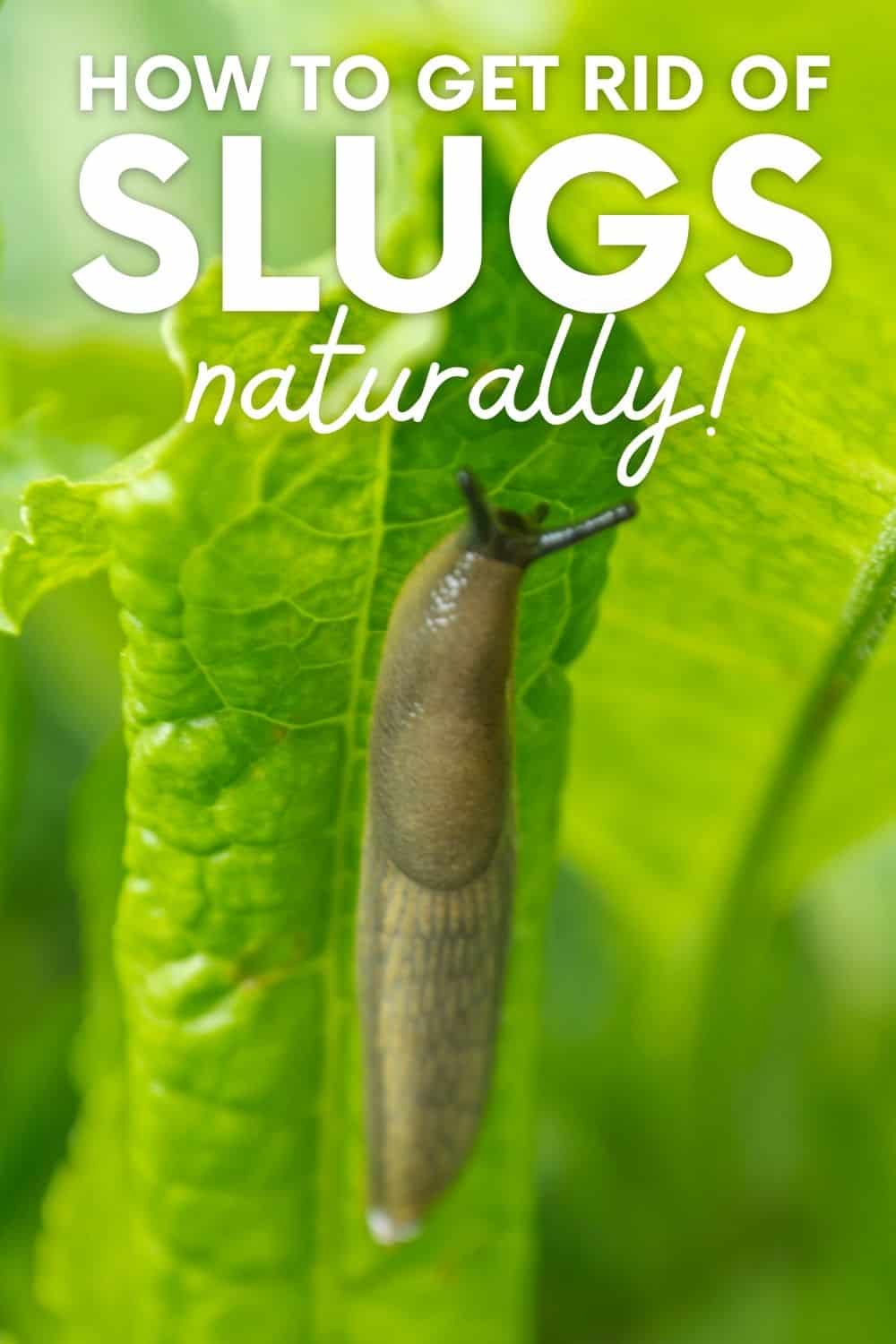
Watering Techniques to Discourage Slugs
Watering your vegetable garden properly is important not only for the health of your plants but also for deterring slugs. Slugs are attracted to wetness, so implementing specific watering techniques can help to discourage them from taking up residence in your garden.
Implementing Drip-Feed Irrigation
Drip-feed irrigation is a watering technique that delivers water directly to the roots of plants, reducing the amount of water in the surrounding soil. Since slugs are attracted to wet areas, reducing the moisture in the soil can make your garden less appealing to them. Drip-feed irrigation systems can be installed above or below the soil surface, depending on your preference and the specific needs of your garden. This method not only helps to deter slugs but also conserves water by delivering it directly to the plants that need it most.
Avoiding Overwatering
While it’s important to provide adequate water for your plants, it’s equally important to avoid overwatering. Excessive moisture in the soil creates the perfect habitat for slugs, as it provides them with the wetness they seek. To prevent overwatering, monitor the moisture levels in your garden regularly. Stick your finger into the soil to a depth of a few inches. If it feels moist, hold off on watering until the soil is slightly dry. By ensuring that your garden is not overly saturated, you are making it less hospitable to slugs.
Watering in the Morning
The time of day that you water your garden can also impact slug activity. Watering in the morning allows the soil to dry throughout the day, as the sun and wind help to evaporate excess moisture. This reduces the amount of time that the soil stays wet, making it less attractive to slugs. Avoid watering in the evening, as this can leave the soil damp overnight and provide an ideal environment for slugs to thrive.

